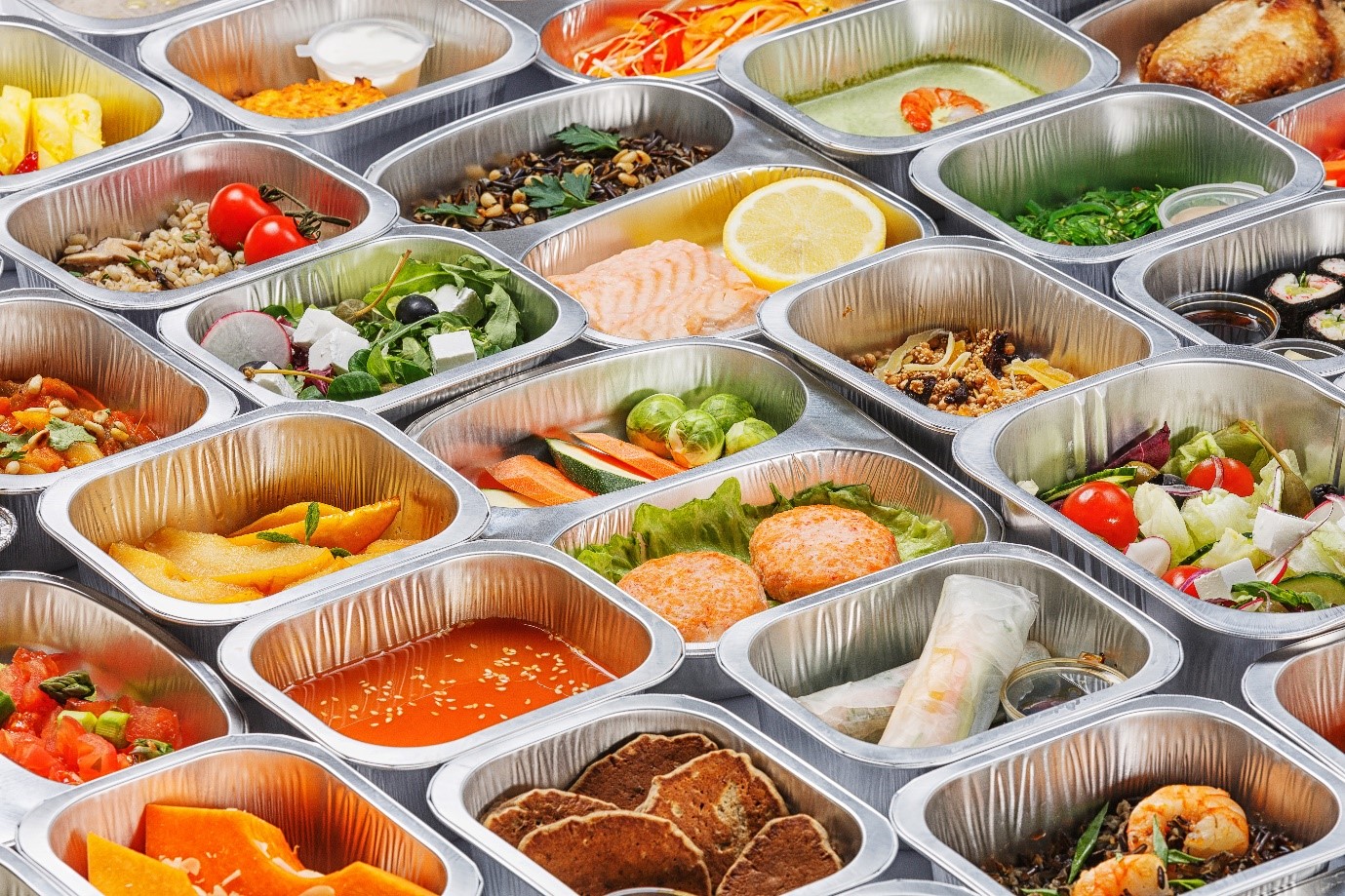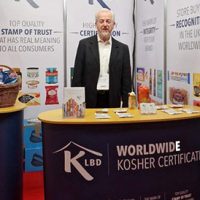The Natural & Organics Show (NOPEX) will be taking centre stage once more at…
How Food Trends Force Change in Food Packaging
Changing expectations and the ways in which food trends evolve means that food manufacturers are challenged to ensure that products remain convenient, attractive and practical. However, food trends can be beneficial to food packaging manufacturers, as they serve to drive innovation within the industry. By tapping into the desires, likes and dislikes of the consumer, food manufacturers can conquer new markets: the packaging industry needs to meet these demands.
Sustainable Packaging
Early in 2018, Theresa May announced a 25-year plan to eradicate all unnecessary plastics and to introduce eco-friendly, plastic-free aisles in major supermarkets. Calling plastic waste one of the greatest “environmental scourges” that we face today, May highlighted that in the United Kingdom alone, the amount of single-use plastics ending up in landfill every year could fill the equivalent of 1,000 Royal Albert Halls.
Food manufacturers need to be forward-thinking when it comes to sustainability, as increasing numbers of consumers are seeking to reduce the amount of plastic waste they generate. The best way to achieve this is to look at suitable alternative material sources. Aluminium, for example, can be easily cleaned, melted, reformed and used again in other aluminium products. This means more recycling, less waste and, crucially, less plastic in landfill, or worse – in the oceans of the world.

Stand-Out Packaging
A report issued by Waitrose in 2017 highlighted several changes in consumer behaviour. Since most supermarkets are now operating longer opening hours, increasing numbers of shoppers are visiting their local store daily, typically after work. This new trend – known as “as-and-when” consumerism – means that it is more important than ever for products to stand out as nutritious, convenient and attractive.
While a simple foil tray might be appealing in its simplicity, it is likely that soon we will see an emergence of more vibrant options to catch the attention of the after-work shopper. Aluminium trays provide almost limitless branding opportunities, from colours to branding. This motivates manufacturers to opt for bigger, brighter and bolder ideas to get their products to stand out on the shelf.
Compartmentalisation
Compartment / section trays allow consumers to cook components separately, helping to improve the appearance and flavour of the resulting meal.
Medical conditions, personal preferences and/or religious obligations can sometimes drive the need for compartmentalisation. Some people have an innate fear of different foods meeting each other on the same plate. This fear, brumotactillophobia, is considered by psychologists to be a hangover from a childhood of fussy eating. However, it is not just brumotactillophobics that benefit from different foods being kept apart during the cooking / serving process. By separating flavours and textures, the resulting meal is more appealing.
Compartmentalisation also provides the consumer with autonomy and flexibility. There may also be ethical or religious reasons why consumers do not want to mix certain foods.
Special Dietary Labelling & Certification
Even more important than the compartmentalisation or sustainability provided by packaging are the reassurances that consumers look for from specific dietary labelling or certifications. With an increasing number of people looking to fulfil specific dietary needs – stemming from health concerns, personal preferences or religious observations – it’s imperative that these requirements are clearly addressed on packaging through the use of specific labelling or certifications, such as ‘vegan-friendly,’ ‘gluten-free’ or a kosher hechsher.
At KLBD we understand the importance of food certification and the reassurance it gives consumers. It’s crucial to know what food is kosher; for a product to qualify for a Kosher certificate, every ingredient and processing aid used in the production must be kosher and approved by a kosher auditor. If you’re interested in learning more about kosher certification, please contact us today.




